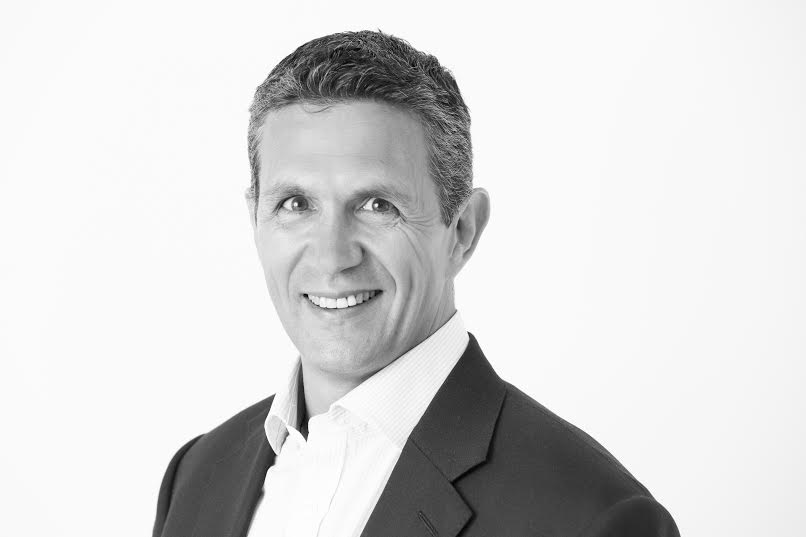In August, London-based VIRTUS Data Centres released a case study on the company’s experience working with ASIC Runner, a supplier of cryptocoin mining hardware.
Cointelegraph reached out to VIRTUS to discuss the company’s role — and the role of data centers in general — in powering cryptocurrencies through mining, and what VIRTUS’s executives thought about the technology in general. We spoke to Darren Watkins, VIRTUS Data Centres Sales Director.
Cointelegraph: What is your own personal experience with Bitcoin? When did you first learn about the currency?
Darren Watkins: Personally, I’ve been aware of Bitcoin for a few years. Ever since my days as a communications officer in the military, where we used highly secure encryption techniques for passing protected information between locations, I knew there would be broader civilian applications for such transfers and guarantees of secure data.
Through the generation of digital rights management for music sharing, peer-to-peer networks and to today’s cryptocurrencies, the market has continued to innovate. With these newly developed applications, though, guarantees of the ownership of a “token” or “coin” to would ultimately be needed to allow legal interactions to occur.
CT: Are there any other Bitcoin or cryptocurrency companies using the LONDON1 center or scheduled to use the LONDON2 center?
DW: Yes, we have a few Bitcoin operators to date, and we see a steadily growing pipeline as the technology finds more positive traction in the market. We expect the considerable efficiency offered at LONDON2, due to the cooling technology around PUE and rack density it offers, we will see a yet further increase in demand for our services from that site.

CT: Bitcoin mining has clearly reached a stage in which data centers are almost the only way to keep the activity profitable. How does VIRTUS see its role in the London-area mining community?
DW: I think that as VIRTUS continues to invest in technology to support our client’s needs with ever-improving efficiencies and the ability to house bespoke type deployments of large mining platforms in racks of up to 40kW densities, we will see yet greater demand.
As these companies start to co-locate to areas of highly efficient space, their business models will evolve to include FX and arbitrage markets of more traditional markets. All being in one highly efficient and flexible space like VIRTUS will allow further protection to the Bitcoin business models with low operating costs both from the site itself and also the interconnectivity to other players as these models develop.
CT: Chancellor of the Treasury George Osborne announced in August that the UK was considering Bitcoin as a possible focus to shore up its status as a global FinTech hub. How do you feel about London's ability to remain globally competitive in this space, especially when technologies such as cryptocurrencies are indifferent to national borders?
DW: The UK has always been a major producer of technology innovation, helping to support the greater world economy. I am sure that the bright minds of this country will continue to strive to ensure a win-win situation for the UK and broader global technology sector.
It’s fantastic that cyrptocurrencies are indifferent to national borders; it’s helping to cultivate trade between countries in more advanced yet convenient ways. This isn’t something the UK should fear, though, and the fact that the government is already exploring Bitcoin solutions show that they are in fact embracing the FinTech options available.
CT: What about other aspects of Bitcoin or cryptocurrencies? Does VIRTUS plan to accept such payments or hold savings in those currencies?
DW: Cryptocurrencies have a bright future, but the technology that actually allows them to exist will develop new uses of potentially greater value. For example, the legal process involved in the purchase of a property will be able to be completed in a fraction of the time in future, due to this kind of technology.
VIRTUS is on a rapid growth trajectory, and currently all efforts are focused on activity around our flagship data centre LONDON2, product development and building scale within our business to cater for the growth in sales and customer services. We do hope to add other payment methods in the future — some of our own partners have already done so — and we may see this happen in 2015.
